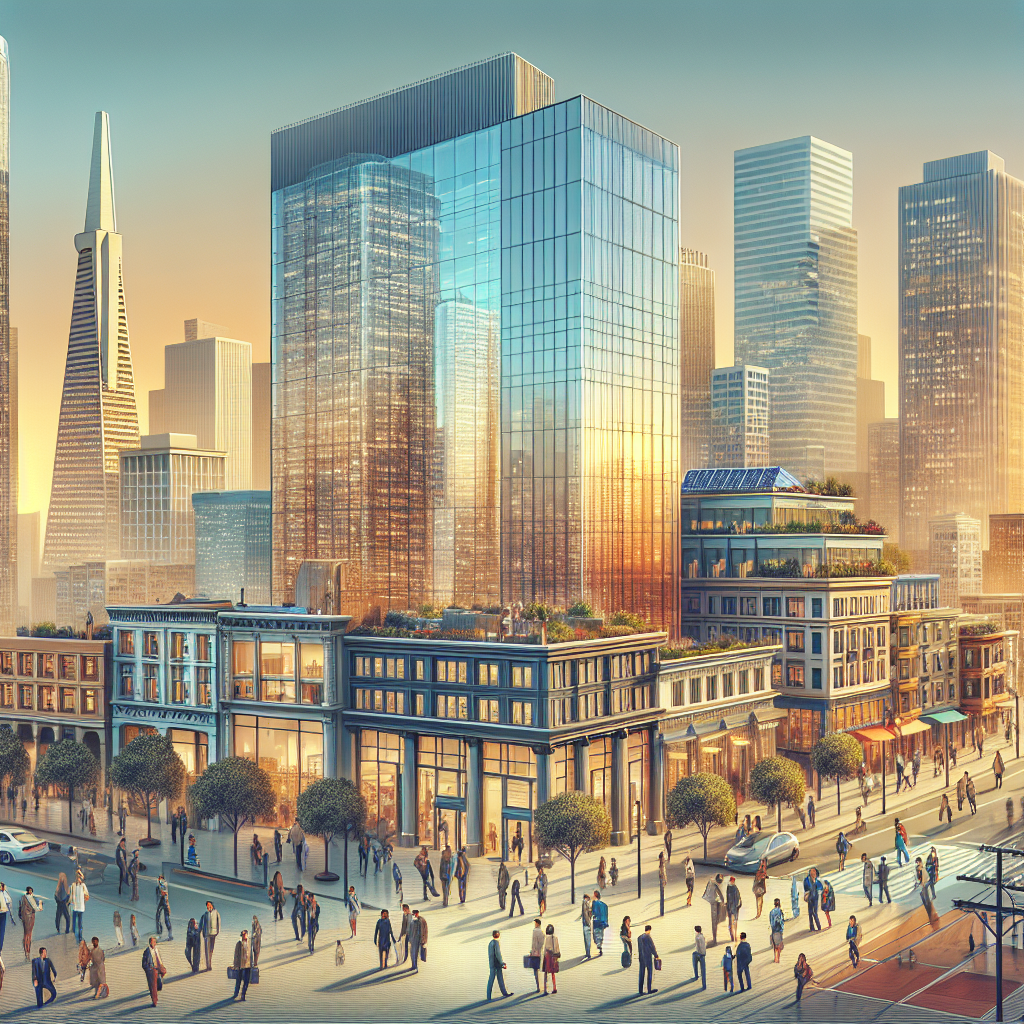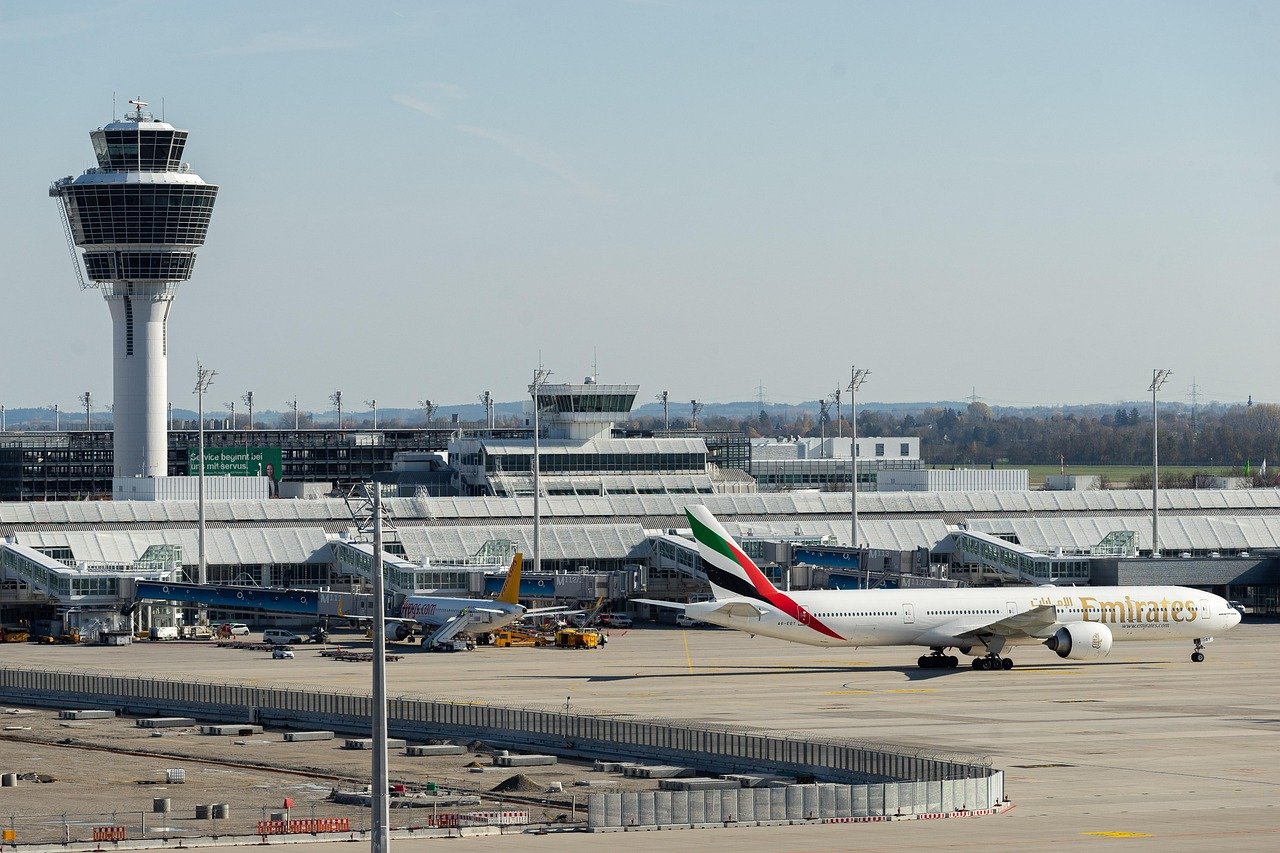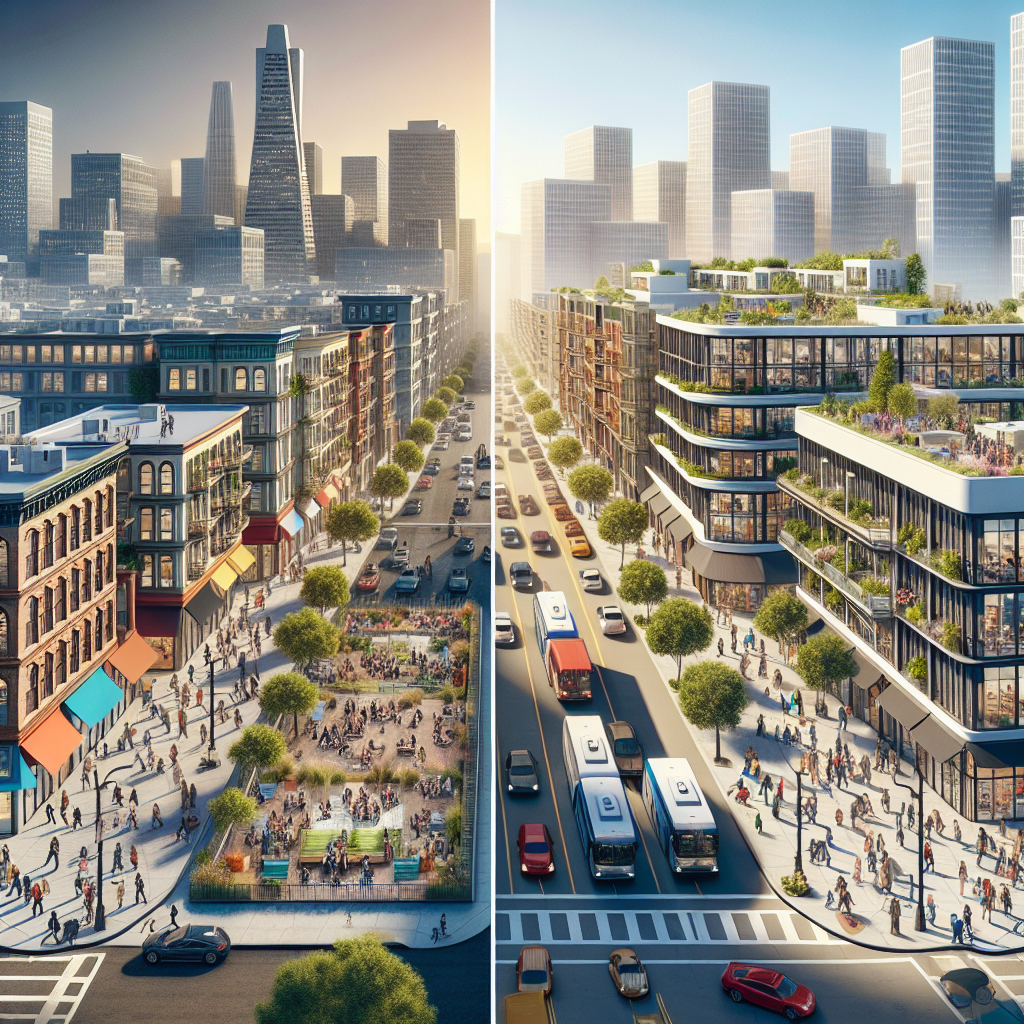San Francisco, a city known for its robust tech scene, has experienced significant changes in its commercial real estate landscape due to the influence of technology. This transformation is driven by several factors including the rise of tech companies, the adoption of PropTech, and the evolving needs of businesses and employees.
Firstly, the proliferation of tech companies in San Francisco has led to a surge in demand for commercial real estate. The city’s Silicon Valley is home to some of the world’s leading tech firms such as Google, Facebook, and Apple. These companies require extensive office spaces to accommodate their growing workforce. As a result, there has been an increase in construction of office buildings and co-working spaces. Moreover, these tech giants often prefer contemporary office designs that foster collaboration and innovation. This preference has influenced architectural trends in commercial real estate.
Secondly, PropTech (Property Technology) has revolutionized how commercial real estate transactions are conducted in San Francisco. PropTech includes digital platforms that facilitate buying, selling or leasing properties. It also involves technologies like virtual reality (VR) for virtual tours of properties, blockchain for secure transactions and big data analytics for market prediction. These innovations have made property transactions more efficient and transparent.
Thirdly, technology has reshaped the way businesses operate which directly impacts their real estate needs. With advancements in telecommunications and growing acceptance of remote work (accelerated by COVID-19 pandemic), many companies are rethinking their need for traditional office spaces. Instead, they are exploring flexible workspace solutions or even reducing their physical footprint altogether. This trend is leading to a shift from long-term leases towards more flexible short-term leases.
Moreover, technology-driven amenities have become an essential part of commercial properties in San Francisco. High-speed internet connectivity is now a standard requirement rather than a luxury feature. Smart building technologies such as energy-efficient systems or automated facilities management are also increasingly sought after by tenants who wish to improve operational efficiency.
However, the impact of technology on commercial real estate in San Francisco is not without challenges. The city’s infrastructure is struggling to keep up with the rapid growth and density of tech companies. Issues such as traffic congestion and high cost of living are causing some tech firms to consider other locations. Additionally, while PropTech offers many benefits, it also raises concerns about data privacy and cybersecurity.
In conclusion, technology has significantly influenced the commercial real estate landscape in San Francisco. It has fueled demand for office spaces, brought about new ways of conducting property transactions, and reshaped workplace needs. As technology continues to evolve, it will undoubtedly bring further changes to this dynamic city’s commercial real estate sector.




















